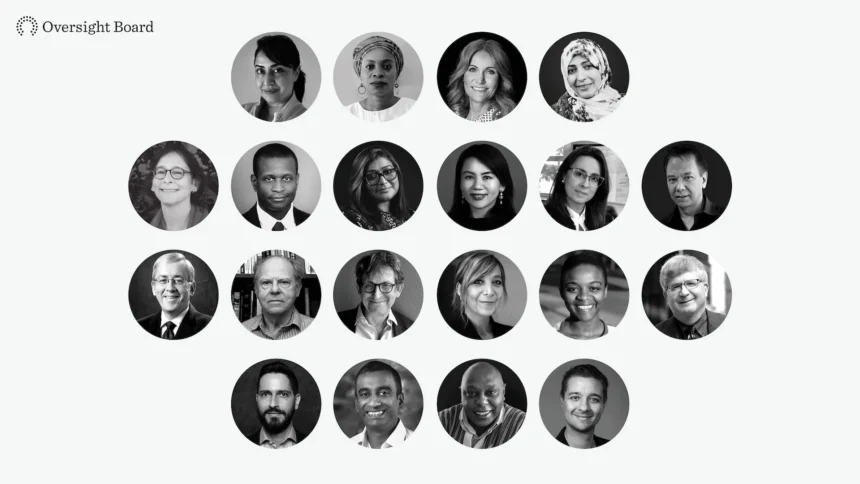Meta’s Oversight Board recently ruled that the phrase From the River to the Sea does not violate its hate speech policies. This decision comes amidst heated debates over the slogan, which is often used in support of Palestinian rights but has also faced accusations of antisemitism and calls for violence. The ruling sheds light on the complexities of moderating politically charged speech on social media platforms.
What’s Happening & Why This Matters
The phrase “From the River to the Sea” has long sparked controversy. Critics argue that it promotes the elimination of the Israeli state, while supporters claim it is a call for equality and independence for Palestinians. The Anti-Defamation League has labeled the slogan antisemitic, suggesting it serves as a rallying cry for anti-Israel sentiment and even associates it with groups like Hamas. In contrast, many pro-Palestinian advocates insist it demands justice for those facing restrictions and discrimination, particularly in areas like the West Bank and Gaza.
The Oversight Board reviewed three instances where the phrase appeared on Meta’s platforms, including Facebook and Instagram. All these cases were initially dismissed without human review, prompting the users to appeal to the Board. The Board concluded that the content expressed solidarity with Palestinians without inciting violence or supporting Hamas, a group designated as dangerous by Meta. The decision pointed out that the posts did not include any threats or calls for physical harm, emphasizing that the slogan’s usage has multiple interpretations.

However, the Board also acknowledged a minority view that associated the phrase with Hamas, referencing its appearance in the group’s 2017 charter. Despite this, the Board argued that the varied use of the phrase does not inherently make it hateful or violent. It highlighted the importance of context and the diverse groups that employ the slogan in different ways.
This ruling comes in a period of heightened tensions, especially after a recent conflict between Israel and Hamas. The slogan has become even more contentious, appearing frequently in protests worldwide, from university campuses to major city streets. Some countries, like Germany, have criminalized its use. Additionally, several legal cases have surfaced, including a discrimination complaint in the U.S. and the censure of Congress member Rashida Tlaib for using the phrase.
TF Summary: What’s Next
Meta’s decision presents the ongoing challenges of moderating content that touches on sensitive political issues. The company plans to expand its hate speech policies, particularly focusing on terms like “Zionist” when paired with antisemitic or dehumanizing language. Simultaneously, Meta faces criticism over its content moderation practices and how they handle appeals with calls for greater transparency and access to data for better oversight. As tensions persist, debates over free expression versus harmful content will continue to rage, influencing both policy and public discourse.
— Text-to-Speech (TTS) provided by gspeech.


